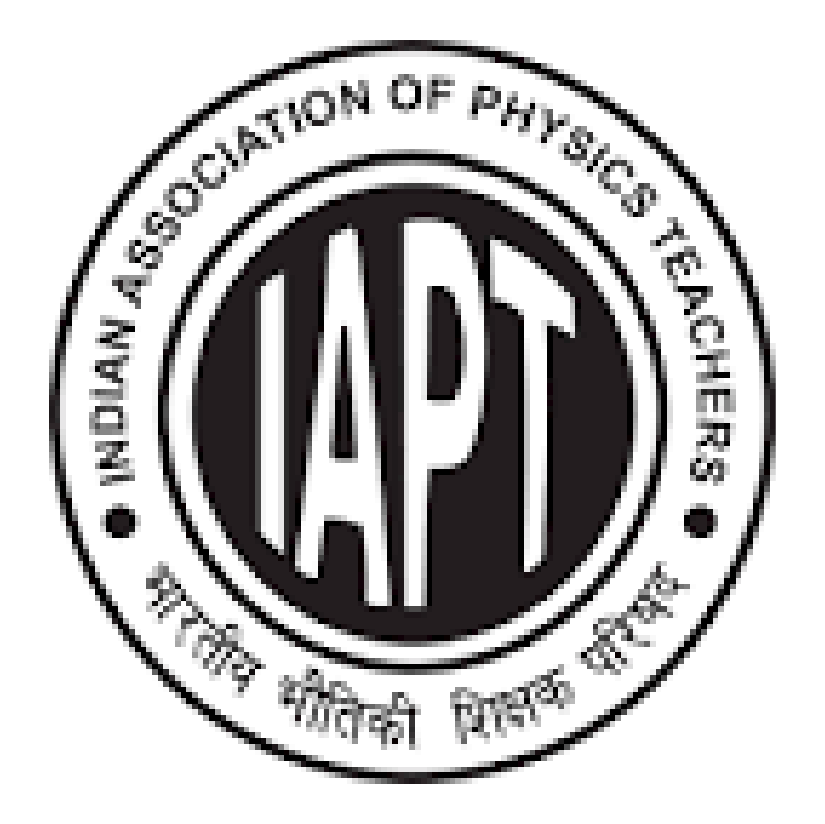सच्चे आंसू
चिड़िया की चहचहाहट के साथ वह गांव जगा, पर रामलाल की झोपडी में आज न धुए की रेखा थी, न खांसी की खनक। चौराहे का भिखारी माने जाने वाले रामलाल को सब पागल कहते थे – बिखरे बाल, फटे कपडे और आँखों में अलग-अजीब चमक। लेकिन केवल एक बच्चा था, जो रोज उसके पास आता था, राज।
“बाबा, ये तुम्हारे लिए रोटी लाया हूँ । पता है आज स्कूल में मेरे लिए ताली बजी ।” राजू चहकते हुए झोपडी में घुसा, पर रामलाल अब शून्य में विलीन हो चुके थे। राजू की चीख सुनकर पूरा गांव उमड़ पड़ा।
“पागल था, आखिर चला गया!” कोई बोला।
सरपंच ने हंसते हुए कहा,” चलो अच्छा हुआ, एक बोझ कम हुआ गांव से।”
यह सब सुनकर राजू का खून खौल उठा और वह गुस्से से बोला, “पागल नहीं थे, उन्होंने ही मुझे पढ़ाया, मां जैसी लोरी सुनाई और पिता जैसा हाथ थामा।” गांव सन्न रह गया और सभी के सिर शर्म से झुक गए। उस दिन गांव ने सीखा की रक्त के नहीं, संवेदना और करुणा के रिश्ते अमर होते हैं। और आंसू वही सच्चे होते हैं जो दिल से बहकर आत्मा को भिगा दें ।
Feathers from the Nest
She watches from the porch — a breath in bloom,
As twilight spills its honey through her room.
The kettle hums like lullabies once sung,
Now echoes soft where once a cradle swung.
Her daughter, fire in sneakers, storm in grace,
Rushes past time with wind upon her face.
The world spins fast beneath her eager feet,
A carousel of dreams in every street.
Her laugh is lightning skipping down the lane,
Each spark a triumph, tinged with quiet pain.
The mother smiles, stitched with threads of ache,
A garden’s joy that knows what it must break.
She moves like tidewater in a sunless bay,
Slow with the weight of all she’s given away.
The clock inside her ticks with gentle dread,
While hers now flies, where her own once led.
The house—once riotous with scattered toys—
Now breathes in silence, missing all that noise.
Curtains sway like ghosts of long-gone days,
And walls wear scribbles like old hymns of praise.
She holds her spiced tea like a fragile wing,
Recalling how she taught her girl to sing.
To tie her shoes, to stand, to speak, to dare—
To be a storm, and yet still learn to care.
She built her sky from bricks and lullabies,
And now must watch as that same sky flies.
And oh, how proud—how proud the ache can be,
To raise a soul, then set that soul free.
But still—some nights, she walks the hall alone,
Each shadow shaped like laughter overgrown.
She does not clip, but oh, grips the thread,
Between the life she gave… and what lies ahead.
So here she stands, a willow in the gale,
Bent not by time, but love that will not pale.
And whispers softly, every time she sees—
“My darling, chase your storms—but don’t forget your trees.”

























